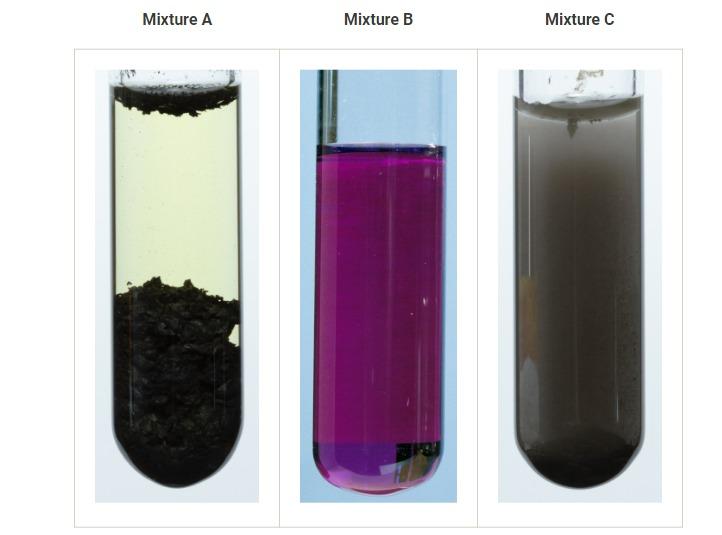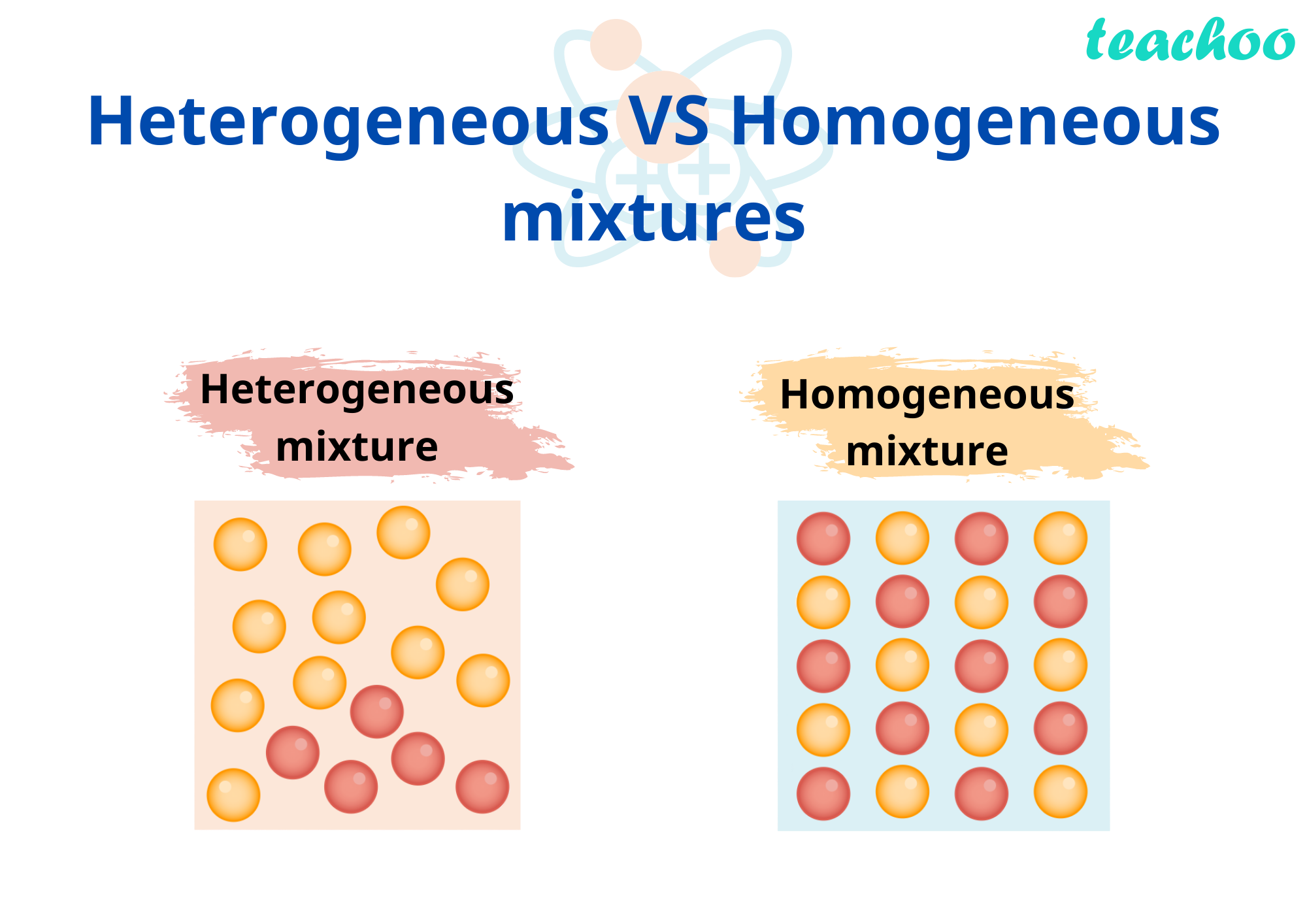Is blood a heterogeneous combination? This seemingly easy query delves into the fascinating complexity of our circulatory system. Past the fundamental understanding of blood as a significant fluid, lies a deeper fact about its composition. This exploration will uncover the shocking solutions to this essential query, offering a complete understanding of blood’s make-up and its function in our our bodies.
Blood, an important part of the human physique, is a fancy combination of assorted parts. Understanding whether or not it suits the definition of a heterogeneous combination requires inspecting its composition intimately. We’ll dissect the important thing parts and their interactions, revealing the intricacies of this very important fluid.
Whereas blood may seem to be a uniform substance, it is really a fancy combination. Understanding its parts, just like the myriad phrases that finish in “c” – equivalent to “music,” “logic,” and “critic” – words end in c – reveals its heterogeneous nature. Finally, blood’s numerous composition confirms its classification as a heterogeneous combination.
Understanding the composition of blood is essential for greedy its very important capabilities throughout the human physique. A elementary query arises: is blood a heterogeneous combination? Let’s discover the properties of blood to find out whether or not this liquid connective tissue suits the definition of a heterogeneous combination.
Whereas blood may appear homogenous, a better look reveals its complicated make-up. The presence of numerous parts like pink blood cells, white blood cells, and plasma makes it a heterogeneous combination. This intricate composition is, in a approach, paying homage to the fascinating intricacies of nikky nikky nine doors , a fascinating exploration of a number of layers and parts.
Finally, blood’s heterogeneous nature is essential for its very important capabilities within the physique.
What’s a Heterogeneous Combination?
A heterogeneous combination is a mix of gear through which the parts should not uniformly distributed. The completely different parts retain their distinct properties and will be visually distinguished. Consider a salad—the lettuce, tomatoes, and dressing are separate and identifiable. This contrasts with a homogeneous combination, like saltwater, the place the salt dissolves fully and the parts are evenly distributed.
The Elements of Blood: A Nearer Look
Blood is a fancy fluid composed of a number of distinct parts. These embody:
- Plasma: A pale yellow liquid that makes up about 55% of blood quantity. It primarily consists of water, but in addition comprises dissolved proteins, salts, hormones, and vitamins.
- Crimson Blood Cells (Erythrocytes): These are answerable for carrying oxygen all through the physique. They’re probably the most ample blood cells.
- White Blood Cells (Leukocytes): Essential for the physique’s immune response, these cells battle an infection and illness.
- Platelets (Thrombocytes): These tiny cell fragments are important for blood clotting.
Is Blood a Heterogeneous Combination?
Whereas blood seems to be a single fluid, its parts should not uniformly distributed. Plasma, being the liquid part, is one part. Nevertheless, the suspended cells—pink blood cells, white blood cells, and platelets—are distinct and don’t dissolve throughout the plasma. This lack of uniform distribution is a key attribute of heterogeneous mixtures.
Analyzing the Proof
To definitively reply the query, take into account these observations:
- Visible Distinction: Below a microscope, the completely different parts of blood are simply discernible. The pink blood cells, for instance, have a definite form and coloration, clearly separate from the plasma.
- Section Separation: If blood have been a homogeneous combination, the parts could be fully dissolved and indistinguishable. Nevertheless, blood displays part separation; the cells and plasma are visibly distinct.
- Bodily Properties: The parts of blood possess distinctive bodily properties. Plasma is a liquid, whereas pink blood cells, white blood cells, and platelets are stable or semi-solid.
Technical Concerns: Is Blood A Heterogeneous Combination
Whereas the heterogeneous nature of blood is quickly obvious, it is essential to notice the suspension facet. The cells are suspended throughout the plasma, not dissolved. This suspension is a dynamic course of, influenced by numerous components, together with the blood’s viscosity and the cells’ measurement and form. [Image: Diagram illustrating the components of blood and their relative distribution]
Implications and Additional Analysis
Understanding blood’s heterogeneous nature has implications for numerous fields, from medication to supplies science. Additional analysis might discover the influence of various parts on blood’s general properties and capabilities. [See also: The Importance of Blood in the Body]. The dynamic interaction between the suspended parts and the plasma is essential to understanding blood’s very important function in sustaining homeostasis.
Whereas blood may seem to be a easy fluid, its complicated composition makes it a heterogeneous combination. Completely different parts, like pink blood cells, white blood cells, and plasma, exist in various proportions, making a non-uniform combination. Understanding this heterogeneity is essential, significantly when contemplating the nuances of medical diagnostics and coverings, versus the colloquial which means of “within the gap which means”.
The various mobile and plasma parts contribute to the general traits of blood, finally impacting its perform. This multifaceted composition additional highlights the significance of blood as a heterogeneous combination.
[Image: Graph depicting the distribution of blood components over time].
Whereas blood may seem to be a easy fluid, its complicated composition makes it a heterogeneous combination. That is not like a easy drink, like a single shot of whiskey, which you may need “one for the highway” one for the road meaning. The varied cells, proteins, and dissolved substances in blood clearly show its heterogeneous nature.
Understanding that is essential for greedy its very important capabilities.
Conclusion
In conclusion, blood is taken into account a heterogeneous combination. The distinct parts, their completely different bodily properties, and the dearth of uniform distribution clearly set up this classification. This attribute performs a major function within the functioning of the human physique. [See also: How Blood Works in the Human Body].

Additional investigation into the interactions and conduct of the completely different blood parts might reveal additional insights into the complicated processes concerned in sustaining a wholesome human physique. [See also: Research Opportunities in Blood Composition].
Whereas blood may seem to be a single substance, it is really a fancy combination. Delving into the specifics, understanding if blood is a heterogeneous combination entails inspecting its assorted parts, like pink and white blood cells, platelets, and plasma. This intricate mix of parts makes blood a captivating topic to research, significantly within the context of seven letter phrases beginning with j.
7 letter words starting with j are, surprisingly, related to the idea of heterogeneous mixtures, showcasing the variety discovered inside a seemingly easy liquid. Finally, blood’s heterogeneous nature turns into clear when contemplating its composition.
Do you’ve any questions or feedback in regards to the nature of blood as a heterogeneous combination? Share your ideas under! Share this text on social media to unfold the data!
In conclusion, whereas blood may seem homogenous at a look, a better examination reveals a fancy combination of cells and fluids. This multifaceted nature is essential for its numerous capabilities. We have explored the parts and their roles, finally demonstrating that blood, whereas very important, is much from a easy substance. This deeper understanding illuminates the intricacy of the human physique.
Solutions to Frequent Questions
Is blood thought-about an answer?
No, whereas blood comprises dissolved substances, its heterogeneous nature arises from the presence of suspended particles and ranging parts. It isn’t a real resolution.

What are the principle parts of blood?
Blood consists of plasma, pink blood cells (erythrocytes), white blood cells (leukocytes), and platelets (thrombocytes). These parts work collectively to carry out a large number of capabilities.
How does the presence of various parts have an effect on blood’s properties?
The various parts, together with proteins, salts, and vitamins, contribute to blood’s distinctive properties, together with its viscosity, pH, and skill to move oxygen and vitamins all through the physique.
Can blood be separated into its parts?
Sure, blood will be separated into its parts by way of processes like centrifugation. This course of permits medical professionals to research and make the most of particular parts for numerous remedies and diagnostic functions.

